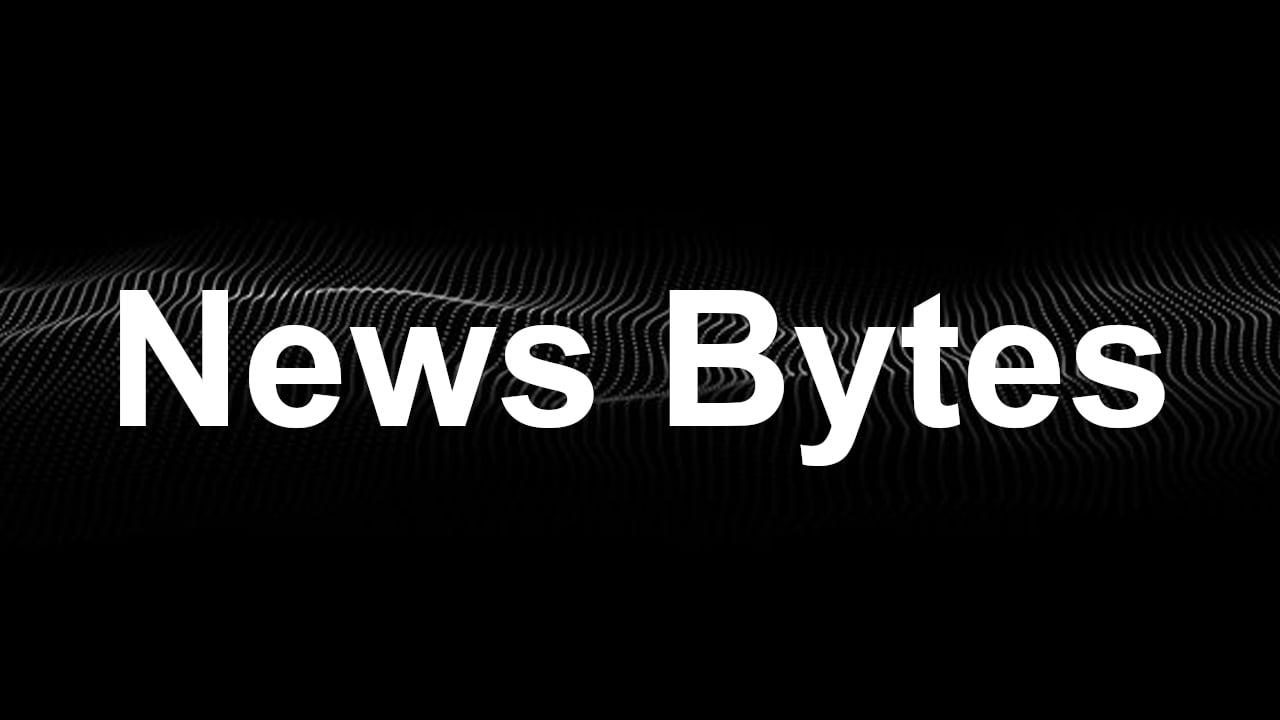Chickenonlien – Pixabay is the source of this image.
Over the last year, Gen Z household debt to local banks has increased by 6x.
According to regulators, millennials and Gen Z are drawn to altcoins because they expect exponential profits.
A member of the South Korean national legislature sounded an alert on Thursday, July 8, about the rising debts among the younger generation, particularly Generation Z, as a result of increased crypto trading activities. The admission was made by Rep. Kim Han-Jeong of the Democratic Party of Korea, who cited statistics from the Financial Supervisory Service.
The data reveals a three-year trend of rising debt among the younger generation. In 2019, Generation Z was responsible for 34% of South Korea’s household debt. So far, the number has risen to 45.5 percent this year and more than 50 percent in 2021.
In absolute terms, Gen Z’s household debt increased 6 times from $3.8 billion (4.4 trillion won) in March 2020 to $22.6 billion (26 trillion won) in March 2021. The large debt accumulated by millennials and Gen Z is due to aggressive crypto trading, according to the South Korean politician. Local news outlet Korean Herald quotes Han-Jeong as saying, “They have been lending excessively to buy real estate amid increasing asset values.” The younger generations have become engrossed in stock investments and cryptocurrency purchases.
South Korea, Asia’s economic powerhouse, has long been the epicenter of crypto trading activity in the region. The name “Kimchi premium” has its origins in South Korea. In other words, cryptocurrencies trade at a premium in South Korea compared to the rest of the world.
As a result, during the last year, South Korean regulators have taken tough actions. As a result, cryptocurrency exchanges and local businesses are under a lot of pressure to keep operating in the country. Furthermore, Korean regulators have demanded that exchanges complete KYC due diligence by September 2021 or face having their operations seized.
Altcoins have attracted the attention of Generation Z investors.
Altcoins have sparked a big frenzy among young investors, according to statistics from the Financial Supervisory Service. The anticipation of exponential gains from investing in small-cap currencies has convinced these investors.
This trading behavior has also piqued the interest of the South Korean banking organization. As a result, it requests that its member association perform an audit of exchanges that offer these currency. The current meltdown in the cryptocurrency ecosystem has heightened regulatory scrutiny even further.
Regulators are concerned that young investors would be unable to recover their losses following the latest cryptocurrency crash. This will be especially true if exchanges begin to delist coins that appear to be pump-and-dump scams.
Upbit, South Korea’s most popular exchange, delisted 24 altcoins earlier this month. Similarly, Coinbit, another cryptocurrency exchange, has added 36 currencies on its watchlist, with some of them set to be delisted soon.
Crypto exchanges must also work with local banks as part of the regulatory requirements. In addition to registering with the Financial Intelligence Unit (FIU) and the Financial Services Commission, you must also register with the Financial Intelligence Unit (FIU) and the Financial Services Commission (FSC).
By September 2021, exchanges will be required to send transaction records to the FIU and report any questionable activities. Failure to do so could result in a prison sentence for the exchanges.
‘Crypto Trading for Millennials’ Financial Services Commission FIU FSC Financial Intelligence Unit FIU FSC Financial Intelligence Unit FIU FSC Financial Intelligence Unit F South Korea’s Generation Z/n





